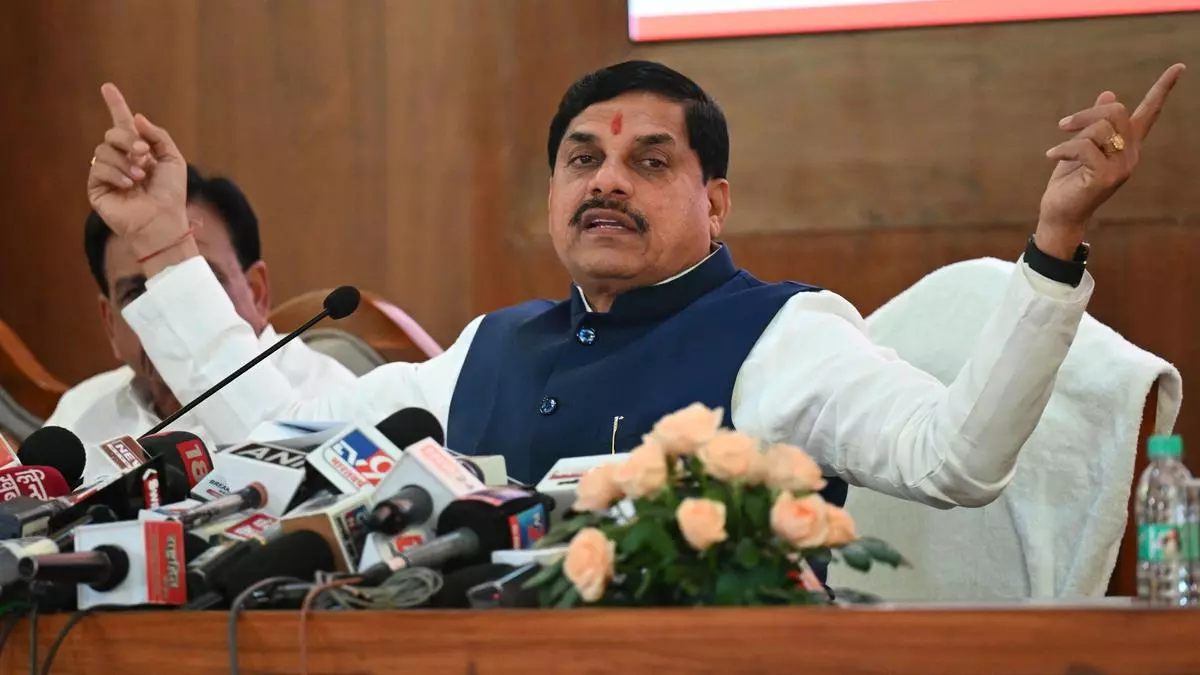Pakistan experienced one of the most significant economic crises in its history in 2023, with soaring levels of poverty, inflation, and unemployment. The Human Rights Watch (HRW) recently published its ‘World Report 2024,’ where it reviewed human rights practices in over 100 countries. According to the report, Pakistan’s low-income groups suffered additional hardships due to the International Monetary Fund’s insistence on austerity measures and the removal of subsidies without adequate compensatory measures. These economic challenges posed a threat to millions of people’s rights to health, food, and an adequate standard of living.
The report also drew attention to Pakistan’s vulnerability to climate change, with the country facing warming rates considerably higher than the global average. These escalating temperatures resulted in more frequent and intense extreme weather events, exacerbating the country’s climate-related challenges.
An alarming aspect highlighted in the HRW report was the lack of a meaningful human rights charter or regional institution to safeguard human rights standards in Asia as compared to Europe, Africa, and the Americas. This disparity puts individuals in Asia at a higher risk of human rights violations and reduces their access to justice and accountability mechanisms.
The report revealed a worrisome trend of government threats and attacks on the media, creating a climate of fear among journalists and civil society groups. Many media outlets resorted to self-censorship due to pressure and threats from authorities not to criticize state institutions or the judiciary. This environment of censorship hampers freedom of expression and limits citizens’ access to unbiased and investigative journalism.
Non-governmental organizations (NGOs) also faced intimidation, harassment, and surveillance by government authorities. The regulation of NGOs in Pakistan has been used as a tool to impede the registration and functioning of international humanitarian and human rights groups, further restricting the support available to vulnerable communities.
One of the most distressing findings of the report was the widespread violence against women and girls in Pakistan. This includes instances of rape, murder, acid attacks, domestic violence, denial of education, sexual harassment in the workplace, and child and forced marriages. Human rights defenders estimate that around 1,000 women fall victim to so-called ‘honour killings’ each year. The report highlighted that the conviction rate for rape in Pakistan stands at less than three percent, reflecting the challenges faced in accessing justice for survivors.
Education is another pressing concern in Pakistan, especially for girls. The HRW report highlighted that over six million primary school-age children and 13 million secondary school-age children were out of school, with girls being disproportionately affected. Barriers to education include a lack of schools, the associated costs of studying, child marriage, harmful child labor, and gender discrimination. These factors contribute to a significant gender gap in educational opportunities, limiting girls’ potential and perpetuating cycles of inequality.
While Pakistan’s economic crisis and human rights challenges are substantial, the HRW report serves as a reminder of the need for comprehensive and targeted efforts to address these issues. It calls for measures that prioritize poverty alleviation, inclusive economic policies, climate change adaptation, freedom of the press, and the protection of women’s rights and access to education. Only through concerted actions can Pakistan progress towards a more just and equitable society.










